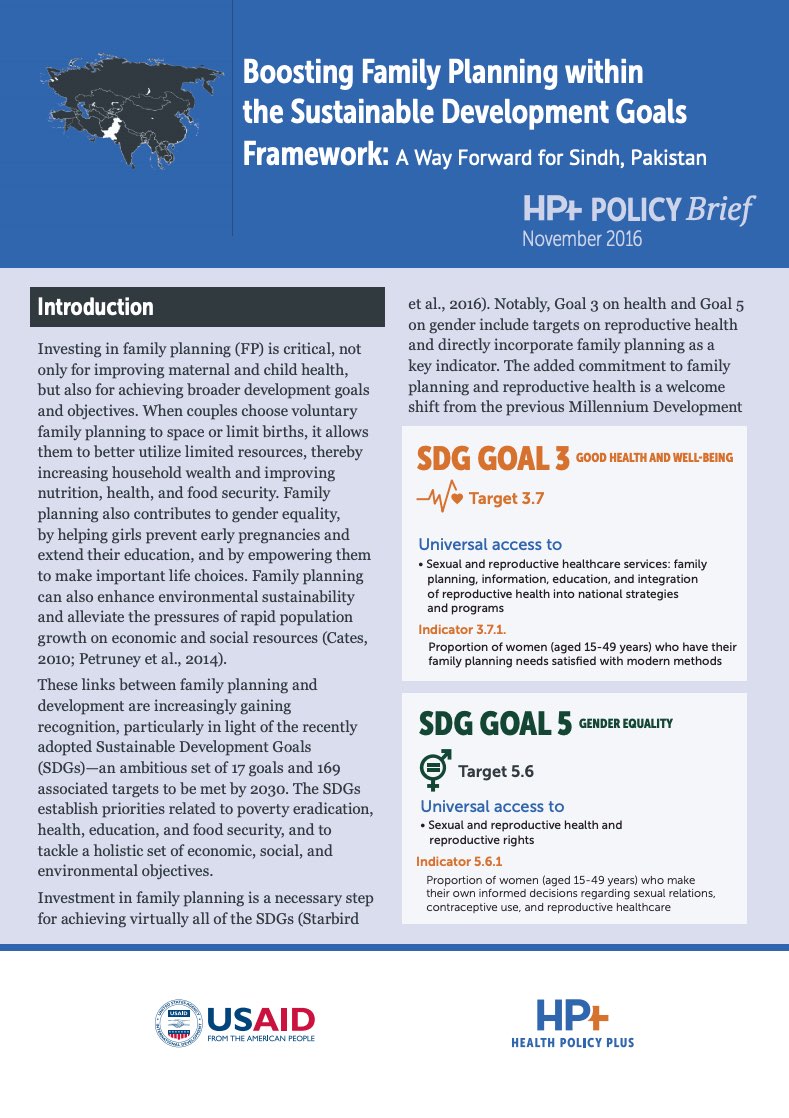Project: IDEA: Informing Decisionmakers to Act
2014 World Population Data Sheet
PRB’s World Population Data Sheet is an annual report on the world’s demographic, health, and environmental progress and challenges.
Project: IDEA: Informing Decisionmakers to Act
PRB’s World Population Data Sheet is an annual report on the world’s demographic, health, and environmental progress and challenges.

The urgency of the climate crisis and its escalating impacts demand we respond with equal urgency to build adaptation and resilience, especially for the populations facing the worst effects.
Project: International Media Program
(2008) On Nov. 14, five of the 12 participants in PRB's Women's Edition seminar sat down to discuss reproductive health issues, the impact of the Women's Edition seminar, and the challenges and opportunities of being a woman journalist.
(2002) According to the World Health Organization (WHO), around 300 million people worldwide suffer from malaria each year resulting in at least 1 million deaths.

Project: Health Policy Plus (HP+)
Recent research suggests linking family planning to broader development goals may alleviate of rapid population growth and associated pressures upon natural and human resources. Reducing unintended pregnancies through voluntary family planning is one clear way of easing such pressures.
(2010) As the evidence for global environmental change has accumulated over the past decade, academics, policymakers, and the media have given more attention to the issue of "environmental refugees."

The Center for Public Information on Population Research at PRB helps improve the translation and dissemination of major findings from population dynamics research and the communication and cooperation across the NICHD Population Dynamics Research Centers.